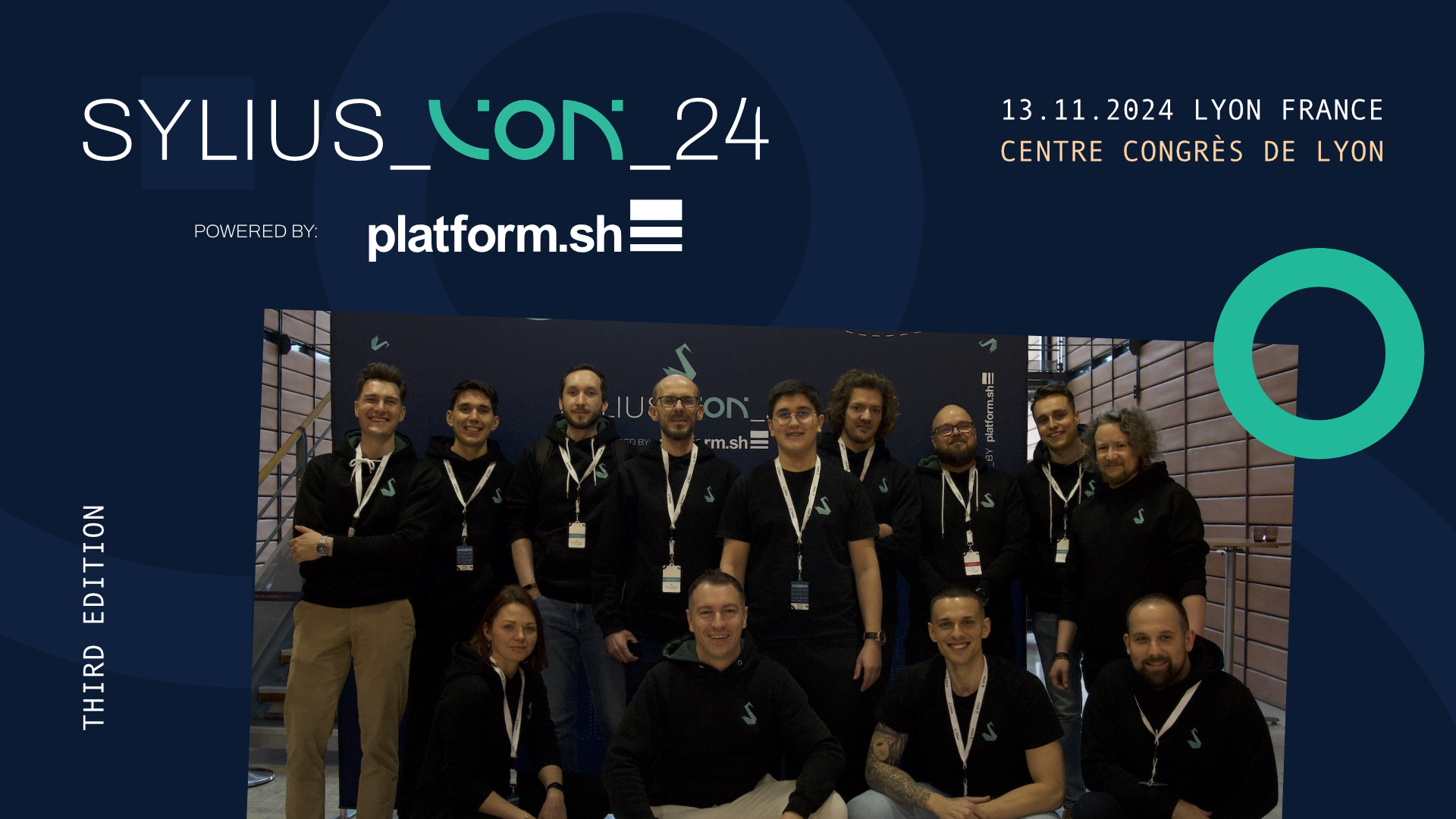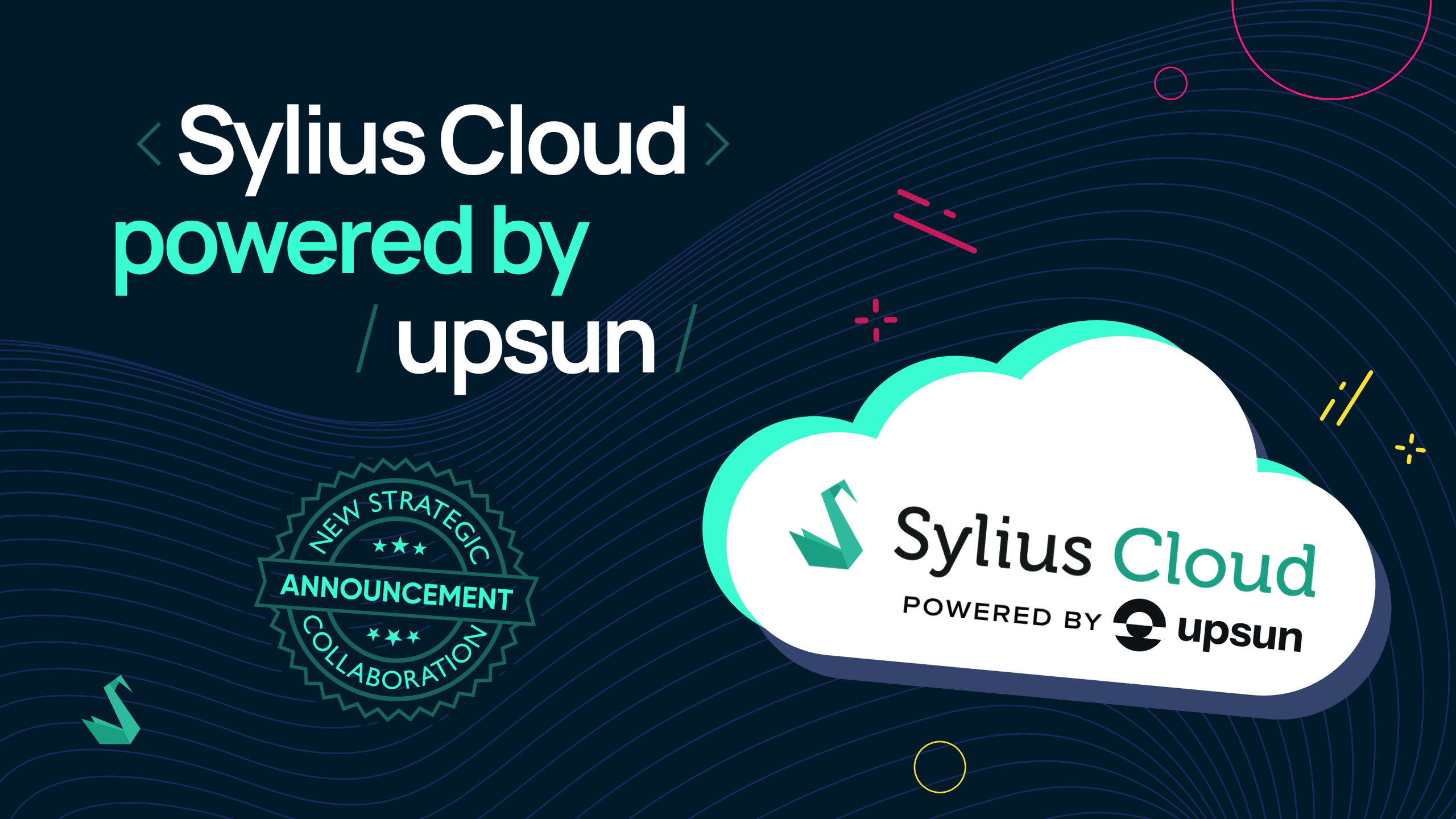
It’s time to transform our long-standing friendship and collaboration into an official partnership! Our relationship with Sulu, which began at SymfonyLive 2015, is based on shared DNA: the Symfony framework and open-source. Like us, Sulu effectively competes with global players despite being a smaller company. After years of joint projects, we’re formalizing our efforts to offer even better eCommerce solutions.
After seeing this blog post, those who have been following us for a while will probably say, “Finally!” or “Weren’t they partners already?” Those statements make sense since we have a long relationship with Sulu that started years ago when we first met at SymfonyLive 2015 in London. This was followed by the Sylius x Sulu workshop in 2018. After that, we collaborated on a few projects and visited each other during various events.
As you see, the foundation for this partnership wasn’t only a common technical vision since both solutions use the Symfony framework and love open-source development but also a long-lasting relationship. This common ground ensures our users can easily integrate the two systems to create robust eCommerce solutions.
“Sylius jumpstarted our eCommerce projects like Mofakult. While not out-of-the-box, its flexibility allows us to tailor it precisely to our needs, making it an invaluable tool for our custom solutions.”
Sulu CMS is an open-source content management system designed to help businesses manage and deliver content across various platforms, including websites and mobile apps. Its flexible architecture and modern web technologies make it an ideal solution for providing unique digital experiences. With a user-friendly interface for editors and powerful capabilities for developers, Sulu CMS is a robust solution for managing content efficiently.
Sulu CMS leverages the Symfony framework, a highly flexible and widely used PHP framework. This integration allows developers to take advantage of Symfony’s extensive component library, which includes tools for form handling, security, and routing. The compatibility between Sulu CMS and Symfony streamlines the development process, making building, maintaining, and scaling web applications easier.
Sulu CMS offers a range of features designed to enhance content management and improve the user experience:
Over the years, Sulu has established itself as one of the best CMSs in the market, and cooperation with companies like Stern or Panattoni has only strengthened that position. We’re proud also to be part of that group with projects like Mofakult – a leader in motorcycle parts sales in Switzerland, aiming to expand to other European countries (full case study), and Brille24, a leading online optician (full case study).
BitBag, our Leading Global Solution Partner, developed a SyliusSuluPlugin to connect these two powerful Symfony-based solutions easily. The plugin connects Sulu CMS and Sylius through API integration in the shop panel. This approach enhances content management with Sulu CMS while utilizing Sylius’s robust eCommerce features. It’s also completely free, developed under the MIT license, and available on GitHub.
Since each store’s front end is usually heavily customized, the plugin does not offer pre-built solutions for pages or blocks. Instead, it provides an abstraction layer along with examples of how to use them to design your own pages or blocks, as well as the extensive, flexible connection layer.
To learn how to integrate Sulu with Sylius, click here


